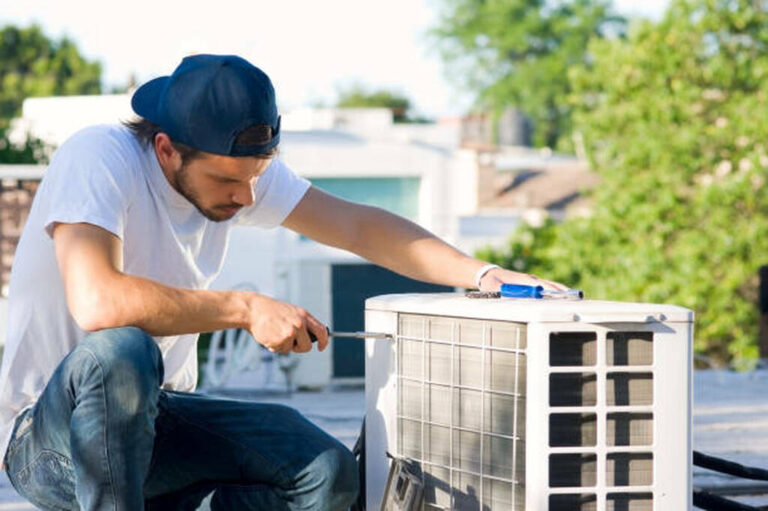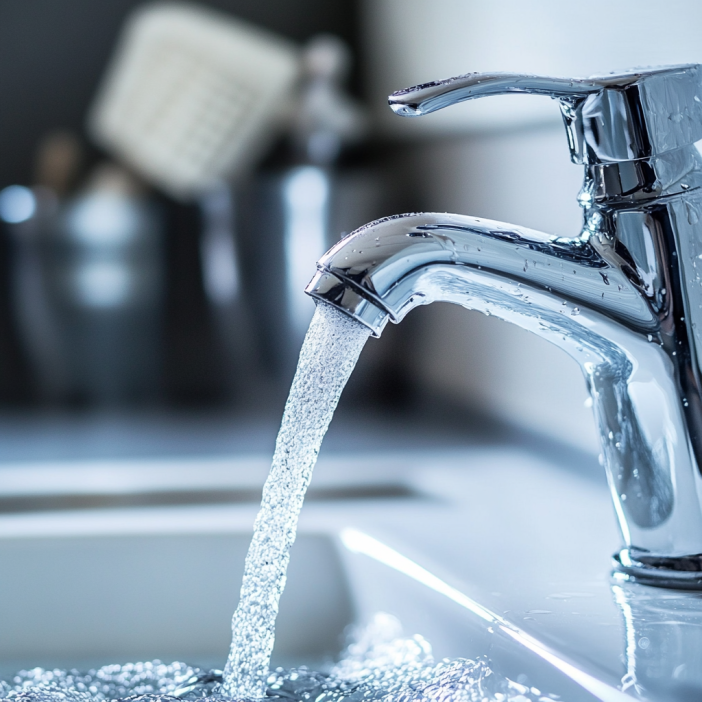When a tankless water heater is working like it should, it keeps hot water flowing steadily anytime you need it. Whether you’re stepping into the shower or doing a load of laundry, the water maintains a set temperature without delay. But when that reliable performance suddenly shifts and the temperature starts going up and down without warning, it can get frustrating fast. These fluctuations are more than just annoying—they can signal that something behind the scenes isn’t working properly.
In West Fargo homes, this kind of problem happens more than homeowners realize, especially with hard water or inconsistent municipal pressure. You might notice the water turns cold halfway through a shower, then overheats moments later. Or maybe the kitchen tap gives you lukewarm water one day and steaming hot the next. These aren’t just quirks. They could point to a few specific issues that need attention before they turn into costly damage or leave you without hot water completely.
Understanding Temperature Fluctuations
Temperature fluctuations in a tankless water heater can show up in different ways. Some people might feel sudden cold bursts during a shower, while others may experience very hot water that cools off quickly. The pattern is often inconsistent, which can make it tough to trace on your own. These changes in temperature aren’t random—they’re generally caused by mechanical or flow issues that affect how the water heater maintains its set output.
If your hot water keeps cycling through warm, cold, and hot, your unit may be struggling to keep up with demand or maintain control over its heating process. That can interrupt everyday tasks, such as washing dishes or bathing kids, which quickly becomes disruptive. On top of that, the more a water heater has to work hard to adjust for these ups and downs, the more energy it uses. That can lead to higher utility bills and shorten the equipment’s lifespan over time.
One common example is when someone uses water elsewhere in the house during your shower. The heater may quickly adjust to the new pressure, but if something’s off inside the system like a clogged filter or mineral buildup, it won’t balance the temperature properly. That’s when the hot water suddenly disappears or gets overly hot without warning. These events typically point to a problem, not just a temporary issue with shared usage.
Common Causes Of Temperature Fluctuations
It’s helpful to understand why your tankless water heater might be acting this way. Most of the causes involve flow rate, sensor accuracy, or internal buildup. Here are the most frequent problems seen in West Fargo homes:
1. Mineral Buildup
– Hard water causes minerals like calcium to collect in the heat exchanger or pipes
– Buildup restricts water flow and heat transfer, which leads to erratic temperatures
– Signs include slower flow, reduced hot water quality, and noises from the unit
2. Inadequate Water Flow
– Tankless units measure and react to flow rate in real-time
– If flow drops too low, the system can shut off heating or rapidly alternate temperatures
– Common causes are partially closed or clogged water lines or issues with the plumbing layout
– You may hear spurting from faucets or notice lower water pressure during peak hours
3. Faulty Sensors or Controls
– Sensors track incoming water temperature and compare it to output settings
– When these sensors go bad or give wrong readings, the water heater reacts to false data
– That results in water that’s too hot, followed by a sudden shift to cold
– You might also see error codes on the control panel or unusual start/stop cycles
Each of these issues can interrupt your entire household’s routine and sometimes cause long-term harm to the system if left unresolved. It’s important to be aware of the warning signs early so you’re not caught off guard by unexpected failures.
Preventative Maintenance Tips
Addressing temperature issues with a tankless water heater in West Fargo often starts with preventative maintenance. Staying ahead of problems keeps the unit running reliably and can help avoid disruptions when demand is high, especially during summer months when everyone in the house may be using water more frequently.
These maintenance tips can play a key role in preventing fluctuations:
– Regular Descaling
Hard water is common in West Fargo, and it leads to mineral buildup inside your tankless water heater. Scheduling descaling, at a minimum once a year, helps remove these deposits before they interfere with heating elements and water flow. A professional water heater flush can make a noticeable difference in how consistent the hot water stays
– Inspect and Clean Filters
Most tankless water heaters have inlet filters to protect internal parts from debris. Over time, these filters can clog and reduce water pressure coming into the unit. Checking the filters every few months and cleaning them out when needed supports proper water flow and more reliable temperature control
– Monitor Water Pressure Consistently
Fluctuating water pressure can confuse the water heater’s sensors. If the pressure drops too low, the system may turn off or produce lukewarm water. Installing a pressure gauge on the incoming water line can help track this over time. While some homeowners might try solving pressure problems alone, turning it over to a licensed technician ensures the adjustments made are safe and long-lasting
Simple steps like these don’t take much time but go a long way in keeping hot water steady and available when you need it. Particularly in homes that use a lot of water for showers, cooking, and laundry routines, taking preventive action can help avoid breakdowns during peak usage times.
When Professional Help Is Needed In West Fargo
You might be able to spot signs of trouble, but that doesn’t always mean the solution is straightforward. If temperature dips or surges become consistent, it points to a deeper problem that usually calls for a trained eye. Unusual noises, warning lights on your water heater, or repeat issues after cleaning are all signs it’s time to bring in outside help.
Our technicians can run detailed diagnostics that reach beyond surface-level symptoms. That means checking flow sensors, pressure switches, heat exchangers, and electronic controls to uncover what’s really going on. Often, what looks like a simple clog or faulty sensor can actually be a combination of smaller issues that build up over time.
In some cases, older systems might not be sized correctly for the home or might not match today’s usage patterns. That’s something that can be reviewed and corrected before it leads to failure. Professional troubleshooting helps avoid wasted time and reduces the chance of breakdowns happening again. Whether you need minor adjustments or a full tankless water heater installation in West Fargo, calling in support ensures it’s handled correctly the first time.
Keeping Your Hot Water Reliable In West Fargo
Living with constantly changing water temperatures creates a daily inconvenience that adds up fast. When a tankless water heater isn’t keeping temperatures stable, routines like showering and cleaning can feel unpredictable. Most of the causes behind this problem are preventable or easy to address with the right approach. That’s why ongoing maintenance and prompt repairs make a big difference in everyday comfort.
If your tankless water heater is showing signs of inconsistency or hasn’t been inspected in a while, it may be due for a professional evaluation. Solutions range from minor repairs to full replacement when necessary, all depending on the history and condition of the unit. Having the right support in West Fargo helps homeowners stay ahead of trouble and get more dependable results from their systems.
If persistent water temperature fluctuations are disrupting your routine, it may be time to have a professional take a closer look at your system. LEGACY understands that inconsistent hot water can be a real inconvenience and offers solutions to keep your household running smoothly. Consider exploring our tankless water heater installation in West Fargo to get a tailored service that addresses your needs. For a quick estimate or to book a service visit, please contact us today.





